PIFcamp: hacking the wild in Slovenia
Published 8 October 2018 by Uros Veber
The 4th edition of PIFcamp, held each year in the Slovenian Alps, this year congregated around the neologist theme of “nerdture”. A hackfest of nature, technology, art and knowledge.
Correspondence, Uroš Weber (words), Katja Goljat (photos), for Projekt Atol, Ljubljana
From August 5-11, 2018, some 50 people participated in the 4th edition of PIFcamp in the village of Soča, situated near the Trenta valley in Slovenia’s Triglav National Park. An occasion for hackers, artists, designers, nature lovers and free culture activists to escape the virtual routines of modern everyday life.

For many of us who joined PIFcamp in its previous editions, the heavily anticipated PIFcamp 2018 started off with a pleasant, but nevertheless very uncommon feeling. It felt as if the temporary PIFcommunity had never really left the camp, and that despite many new faces, the diverse bunch of geeks and artists only took a few days off to cater to their errands in their distant hometowns and cities, only to report back in due time. But now, everyone was back in order to develop, hack, talk, play and get inspired. And to inspire each other, since there is nothing like the periodic PIFcamp communities. Participants, joined in mutual interests of making, developing and presenting ideas, become very close-knit incredibly fast, working and constantly discussing their big, small and pet projects.
Video postcard from PIFcamp:
There was never a PIFcamp when the team needed to encourage people to start developing their projects. But this time, the atmosphere was so electric from the start that Tina—of team Ljudmila, one of the head driving forces behind PIFcamp—actually pointed out at the very beginning that one should not try to partake in too many projects, and also relax while PIFcamping. Or perhaps it was necessary to emphasize the importance of recovery, because the kick-off meeting was set in such a dramatic atmosphere, induced by storm winds in the background and interrupted by a tireless bell tolling from the nearby village church tower, while the participants were just eager to grab their place and begin their projects.
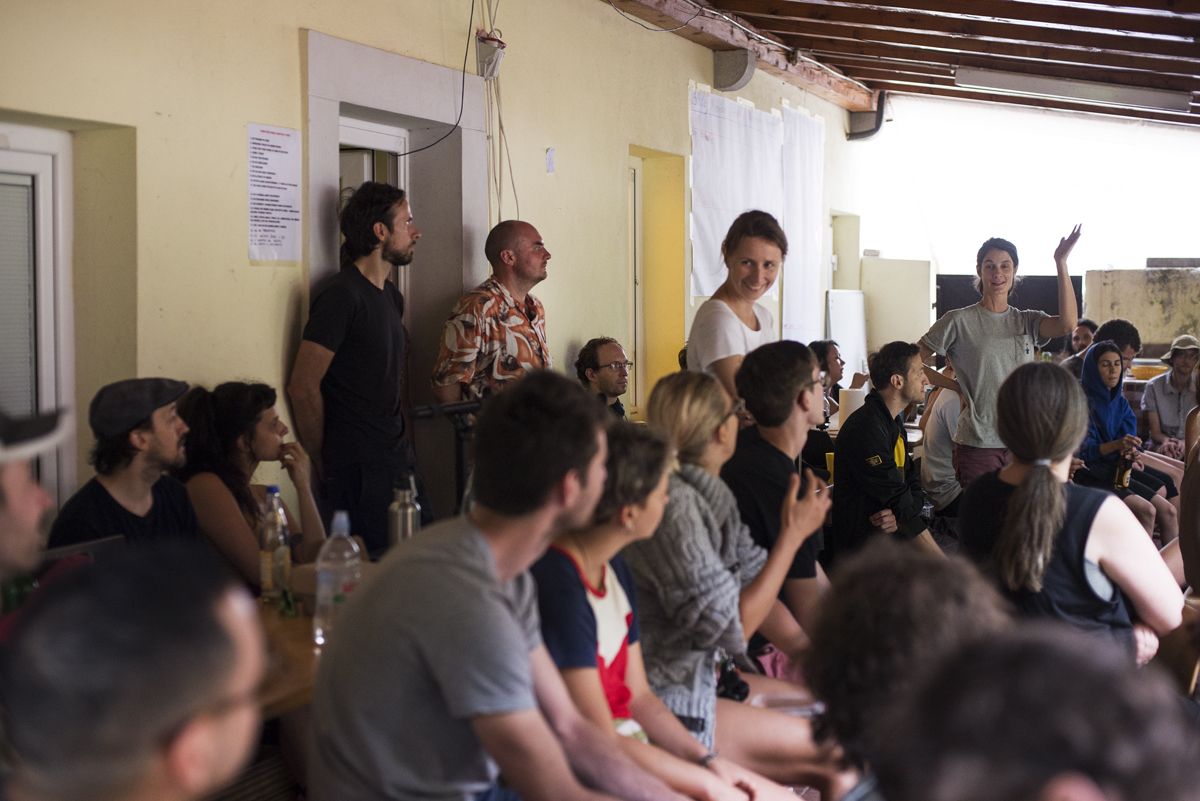
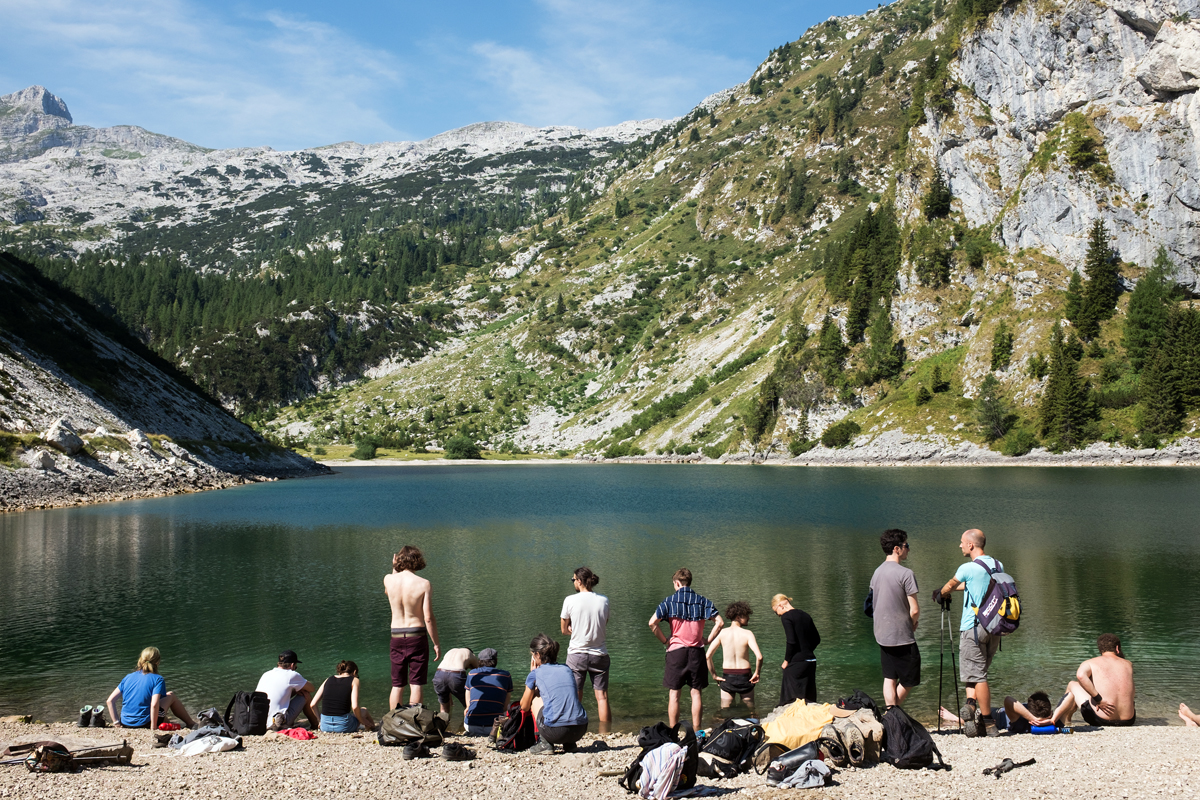
Hacking the wild
The PIFcamp venue is tucked away in a pristine Alpine valley in the heart of Triglav National Park. This unlikely setting for intense week-long DIY/DITO activities played a major role. It is a PIFcamp staple to see geeks and makers dive into the freezing, yet incredibly enticing Soča river. And one cannot imagine a PIFcamp without the carefree situation of having “all meals taken care of”, combined with the mandatory “hack your food” program, where the camp’s self-proclaimed food-dissident Dario Cortese tests and impresses PIF’s tastebuds with foraged herbs and other wild edibles. Nevertheless, it was only this year that experiments in fermentation with wild and locally grown food, as well as with foods brought in, really took off. Thanks to the pillar of the community, the kitchen team, the Biotehna Lab crew, and of course, to the many people who took time off from soldering, etching and coding to experiment with more and less conventional approaches and experiments with kimchi, kombucha, kefir, tempeh and natto.
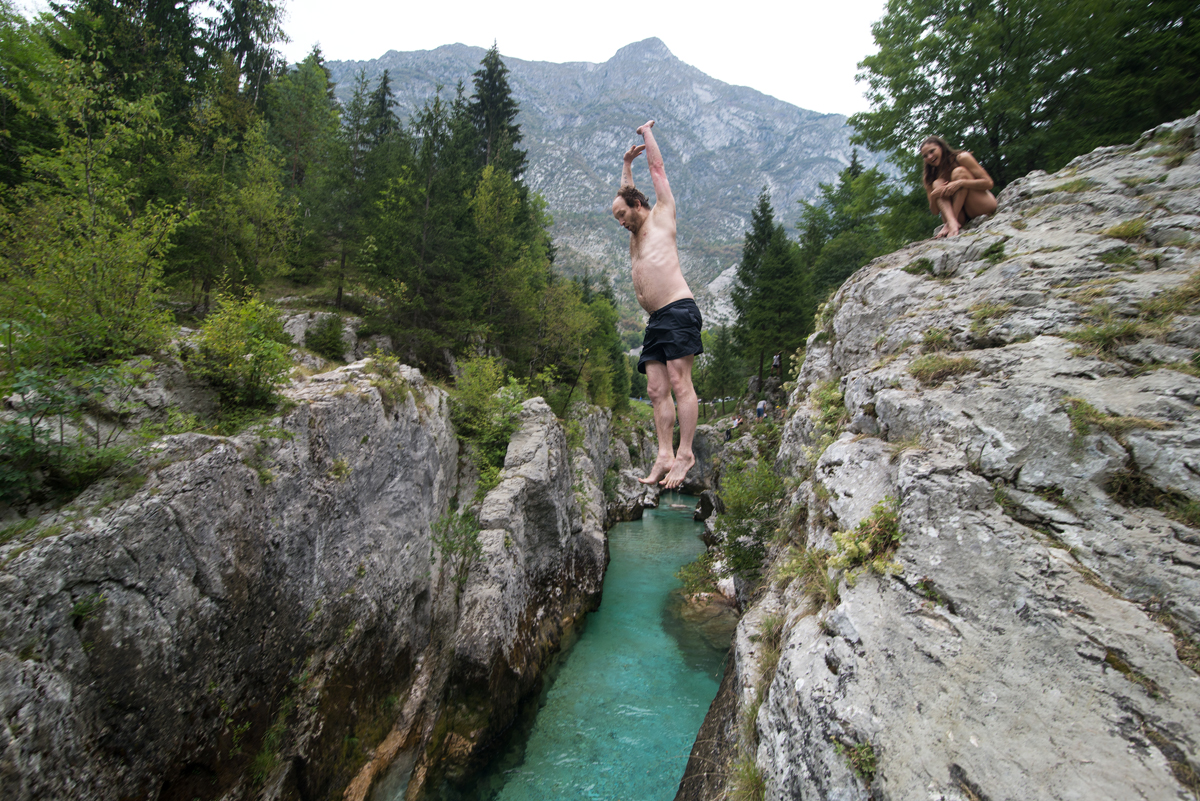
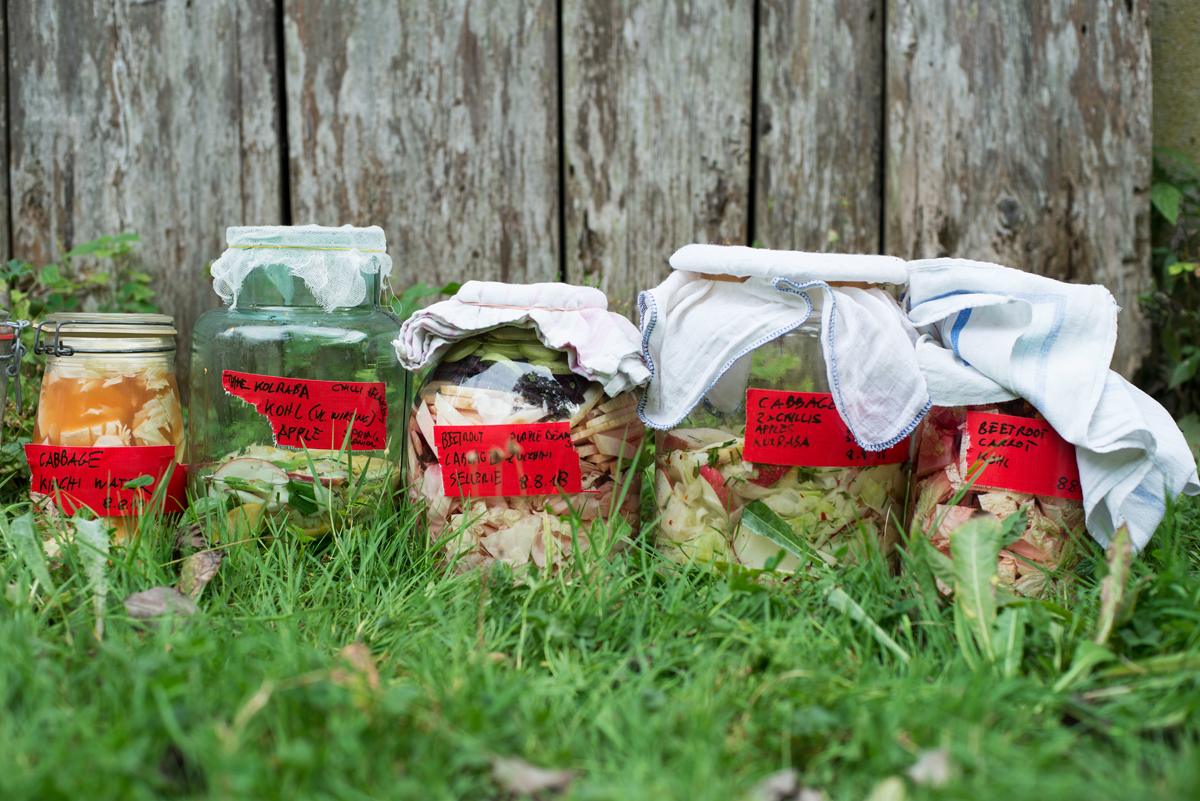
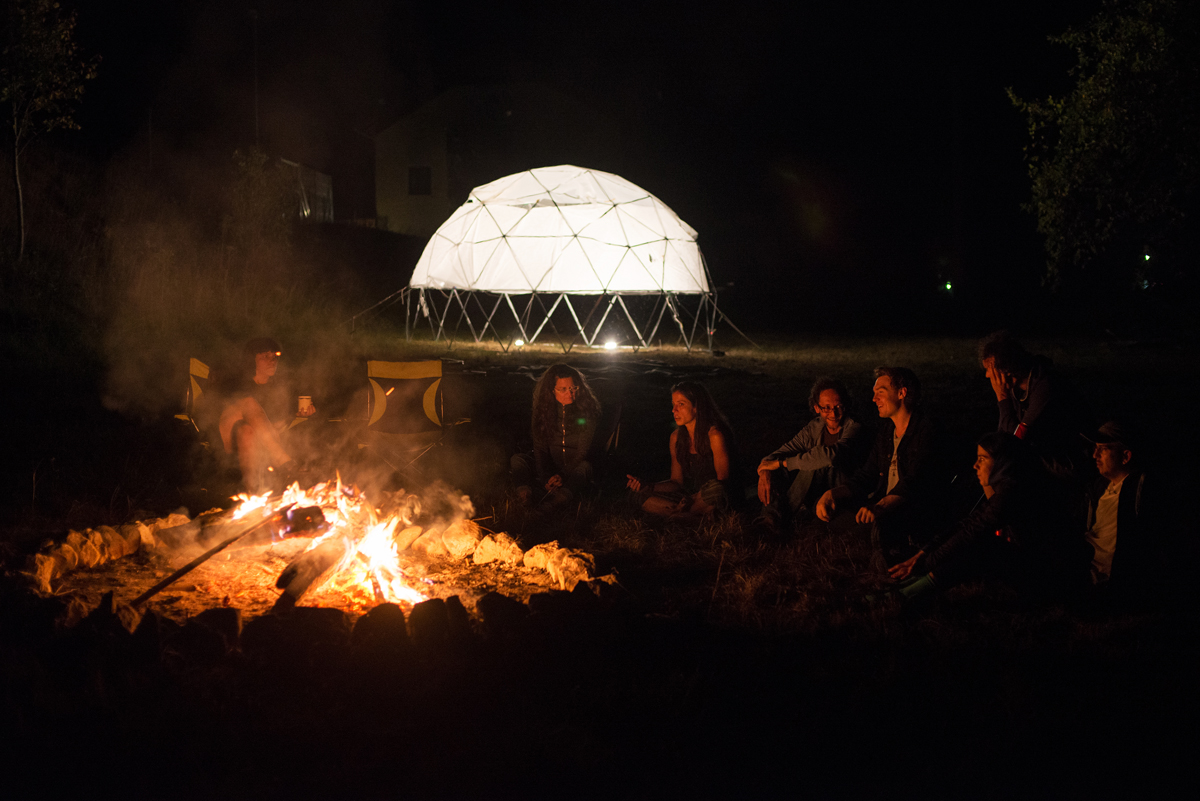
Feel free to fail
To be frank, some fermented products indeed turned out delicious. Their only failure was that no one was careful enough to convincingly replicate the delicate mix of the unlikely combinations or wild ingredients. But there were also other aspiring fermentation tests, which never really grew into anything other than a real health hazard. But that is perhaps the biggest value of such events—to be able to try something and be free to fail. And perhaps spark even more interest and meaningful feedback from your immediate peers.
Of course, there were other failures as well. Take Simon, for instance, who led the Kersnikova Institute, part of the organizing consortium. He actually pre-prepared well, leading the team by example. He arrived at PIFcamp wanting to create a system for automatic detection of wasps or bees (he couldn’t decide which), only to learn that this year, the pests were nowhere to be found. Of course, this was not really a problem, Simon just decided to stick with the agenda. He reworked the concept and relied instead on humans as sensors.
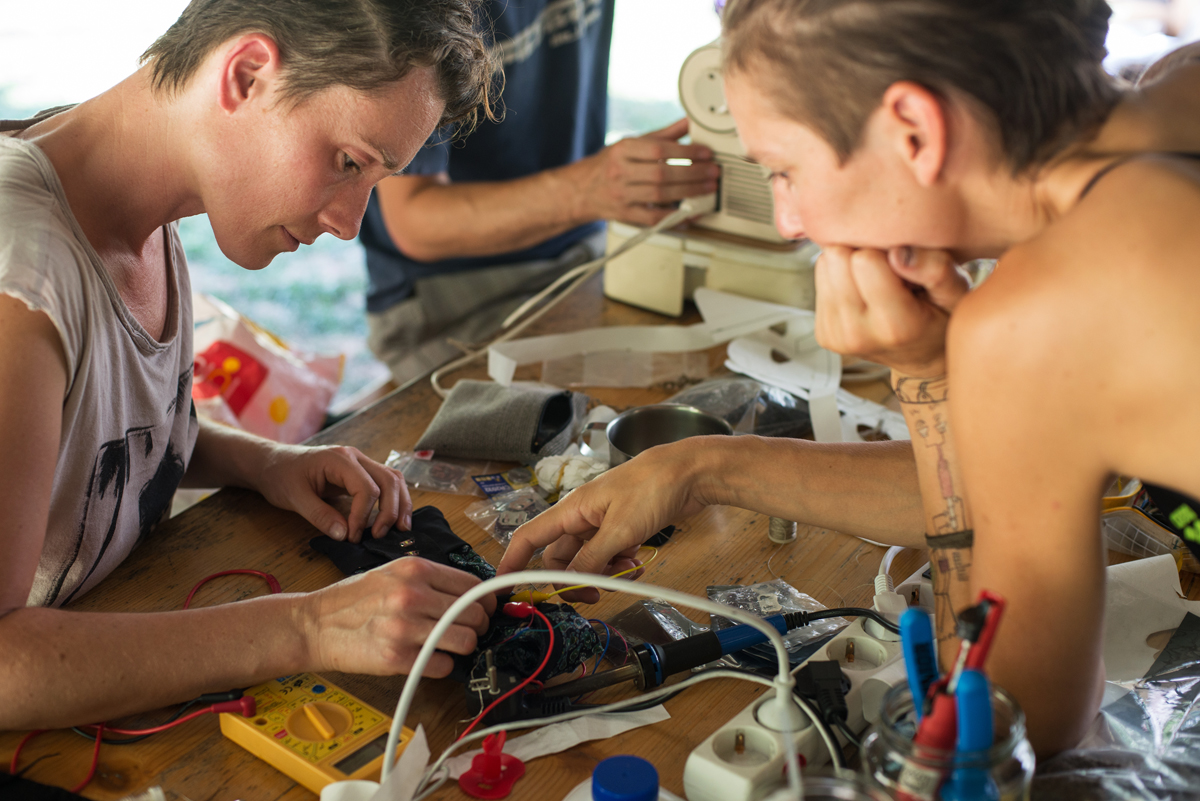
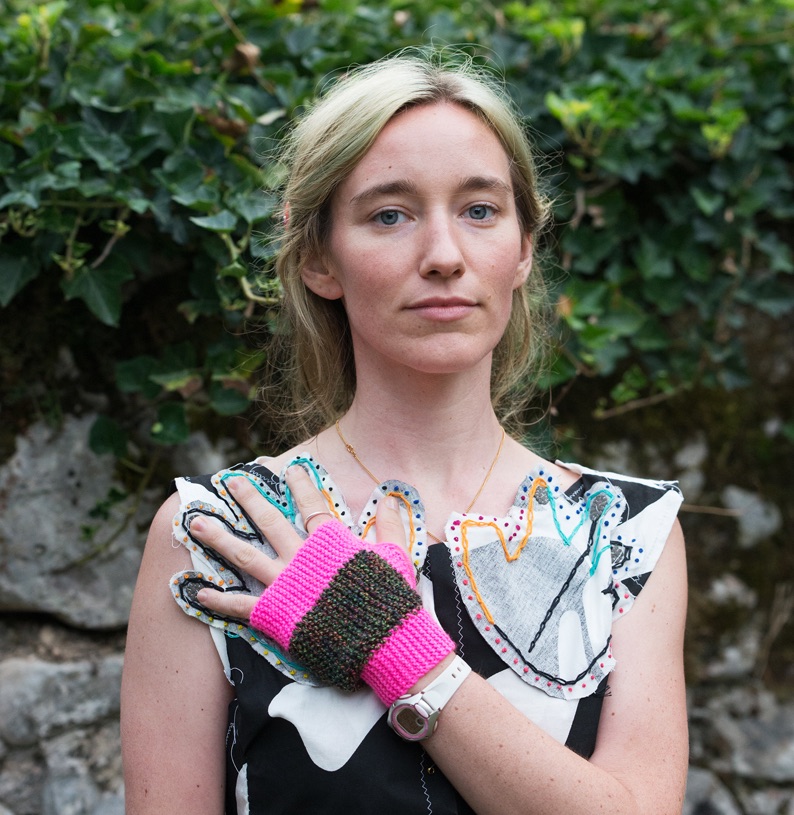
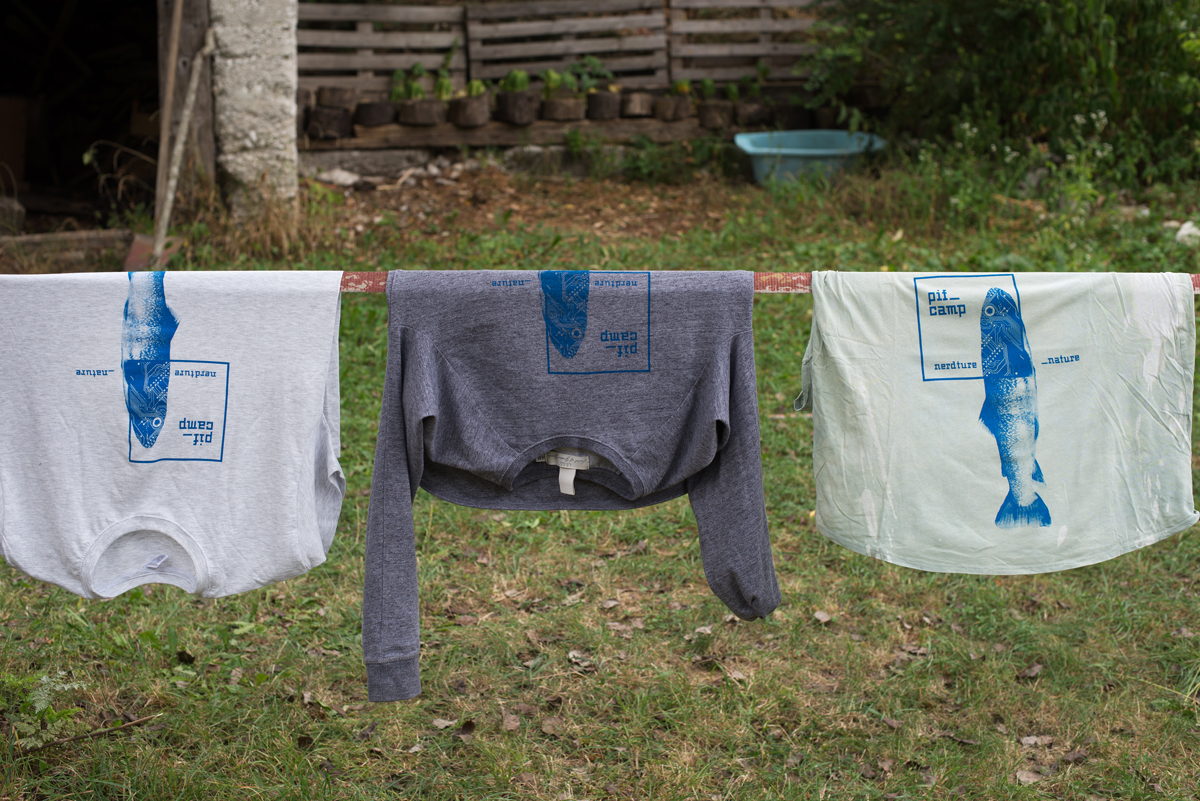
Feed your inner nerd
Despite the fact that the crew has always been pushing for presentations of either finished works or working prototypes, and for structured workshop procedures and organized technical documentation, it is self-evident and beyond any doubt that failure is programmed into the camp’s DNA. As with similar events, retreating into nature to hack and create is not primarily about the results, but much more about the processes and activities. It is about the people who are excited about building their own gadgets and tools, but it is even more about the excitement that builds up along the way. It is about the happiness when a new hurdle is passed, especially when you encounter someone like-minded, someone who shares your passion, or someone who can unexpectedly solve the problem you have been working on all night.
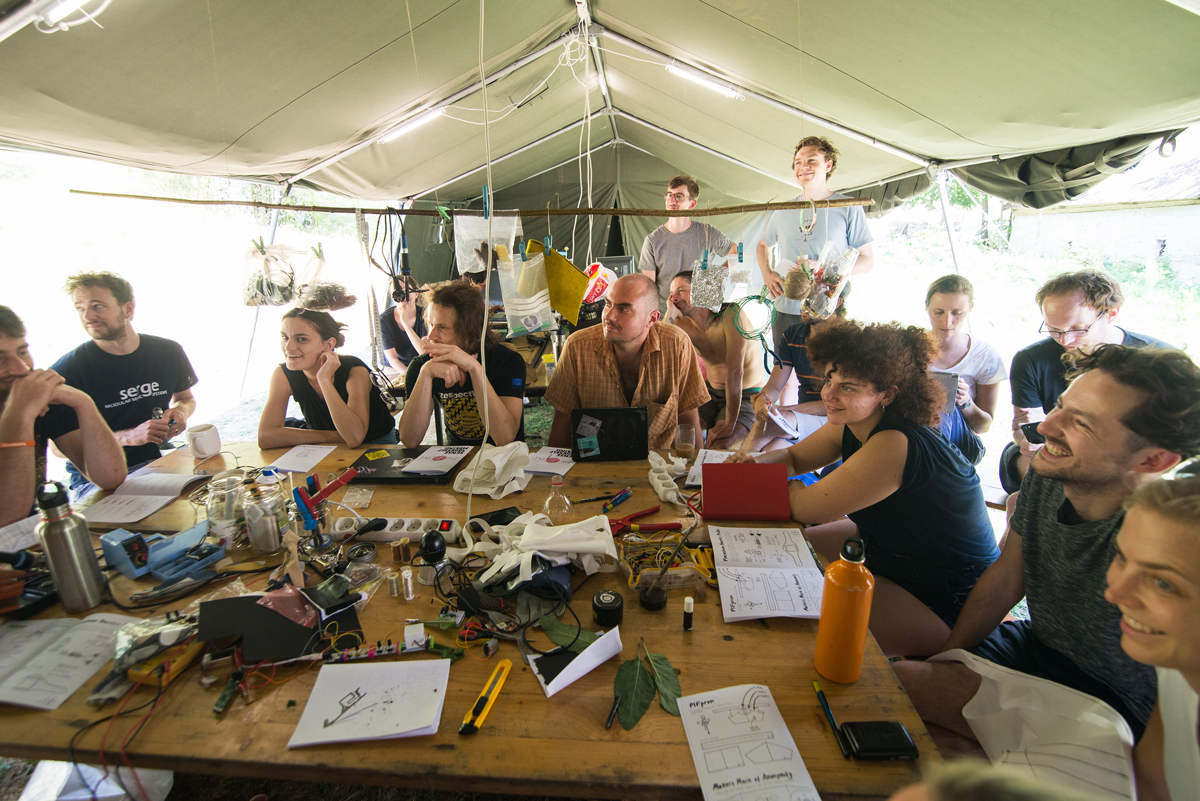
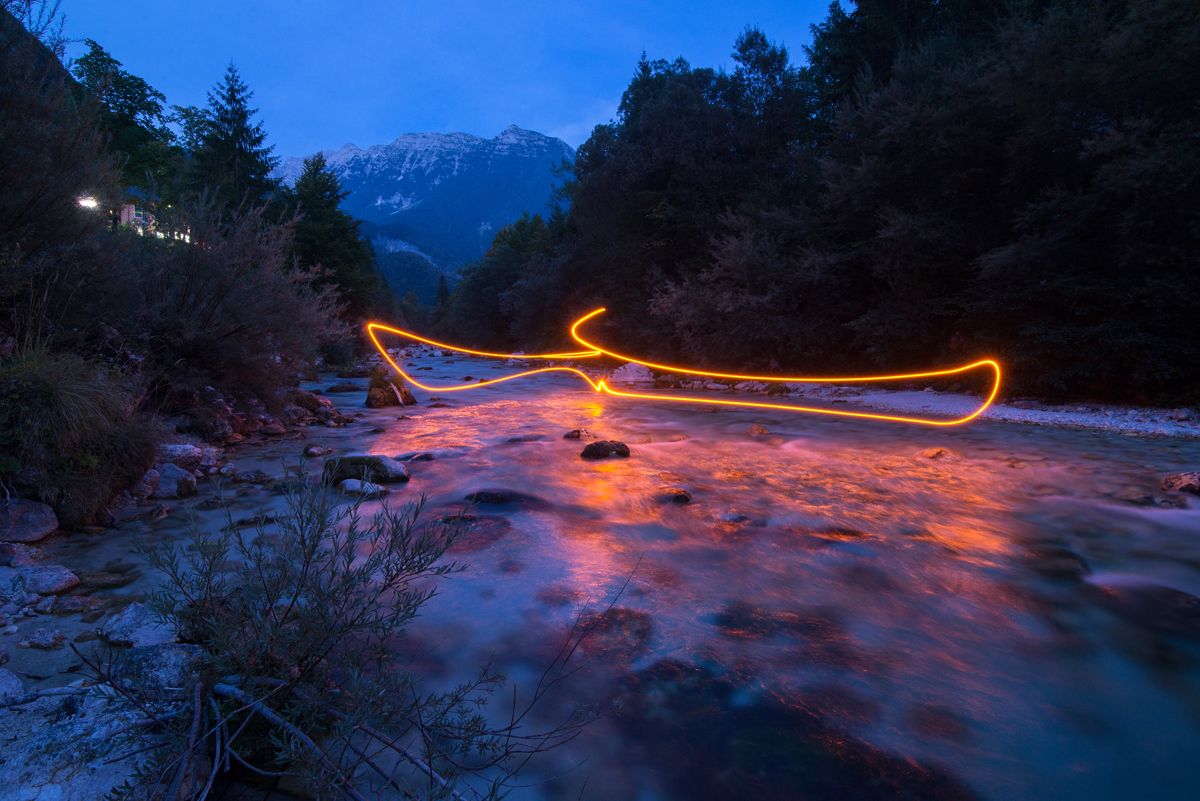
And if PIFcamp is about the people, about the process of feeding the inner nerd (and not about being fed up with one’s failing endeavor), another feature of PIFcamp 2018 was music. Hardly an afternoon or evening passed without a spontaneous music jam. Or two. At the same time. No one needed to announce anything outloud or post it on the timeline as something to be done. In fact, PIFcamp in its 4th edition became so spontaneously self-organized and much more decentralized that there was no more need for “highlights” as in previous years, in the form of pre-announced 5 or 6 node holders per year. These nodes, which used to be the driving force in both attracting participants and leading them through encouragement, support and semi-spontaneous workshop processes that evolved throughout the week, were now toned down, as the community was diverse, but also much more skilled.
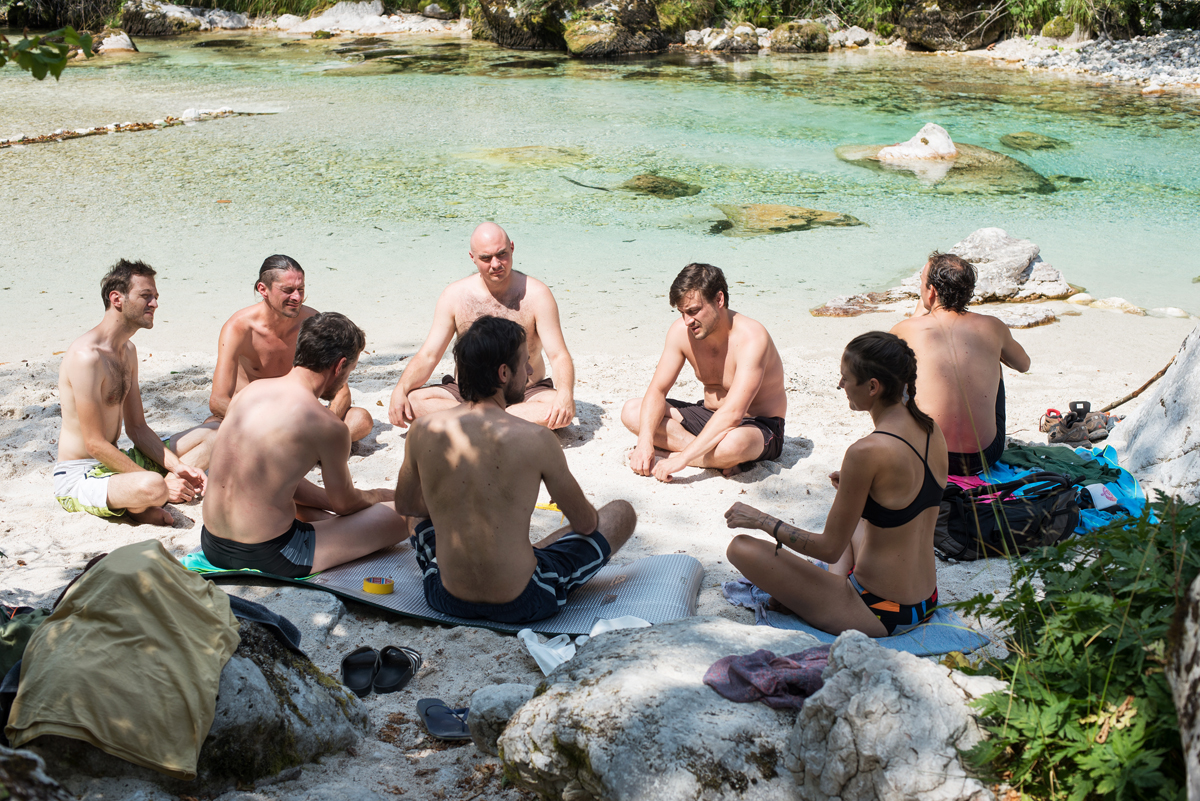
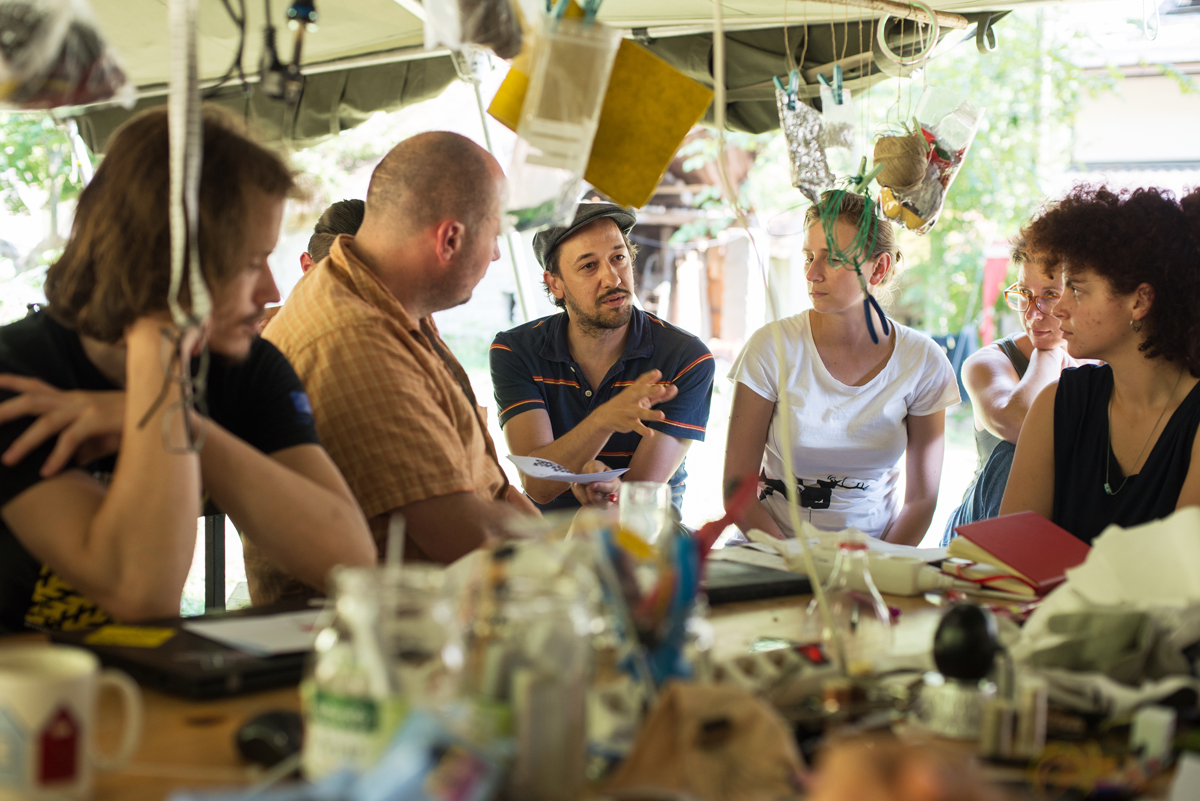
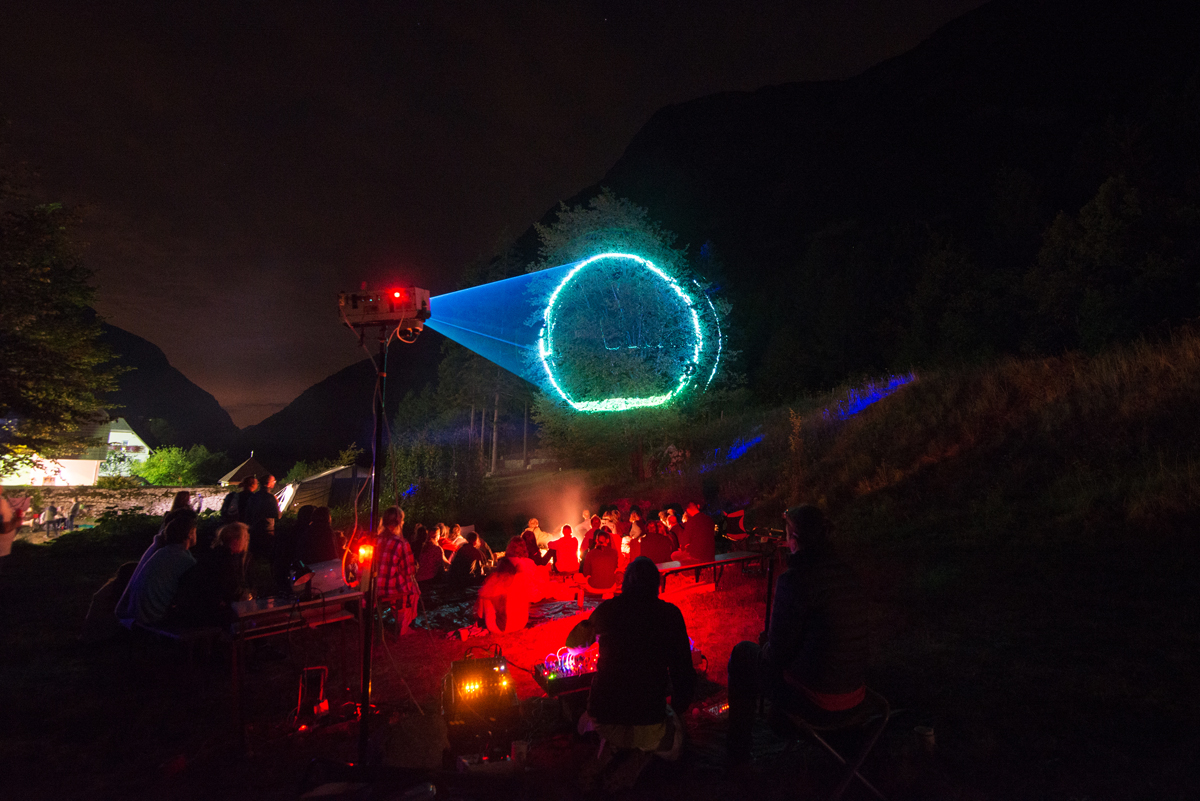
Finally, the biggest highlight of PIFcamp 2018 might be the fact that it has matured enough as a format and a practice, that it no longer needs explicit highlights. No need for extra hype. Just great people doing amazing stuff.
More information on PIFcamp
PIFcamp is part of the Feral Lab network 2018-2020, a European network of summer camps. Makery will cover the activities of members (and others) through 2020, as well as host its own summer camp in France in 2019. Feral Lab members are: Projekt Atol (Slovenia), Schmiede Hallein (Austria), Helsingor Kommune (Denmark), Bioart Society (Finland), Radiona (Croatia) and Makery (France). Feral Lab is supported by the European Commission’s Creative Europe program.
